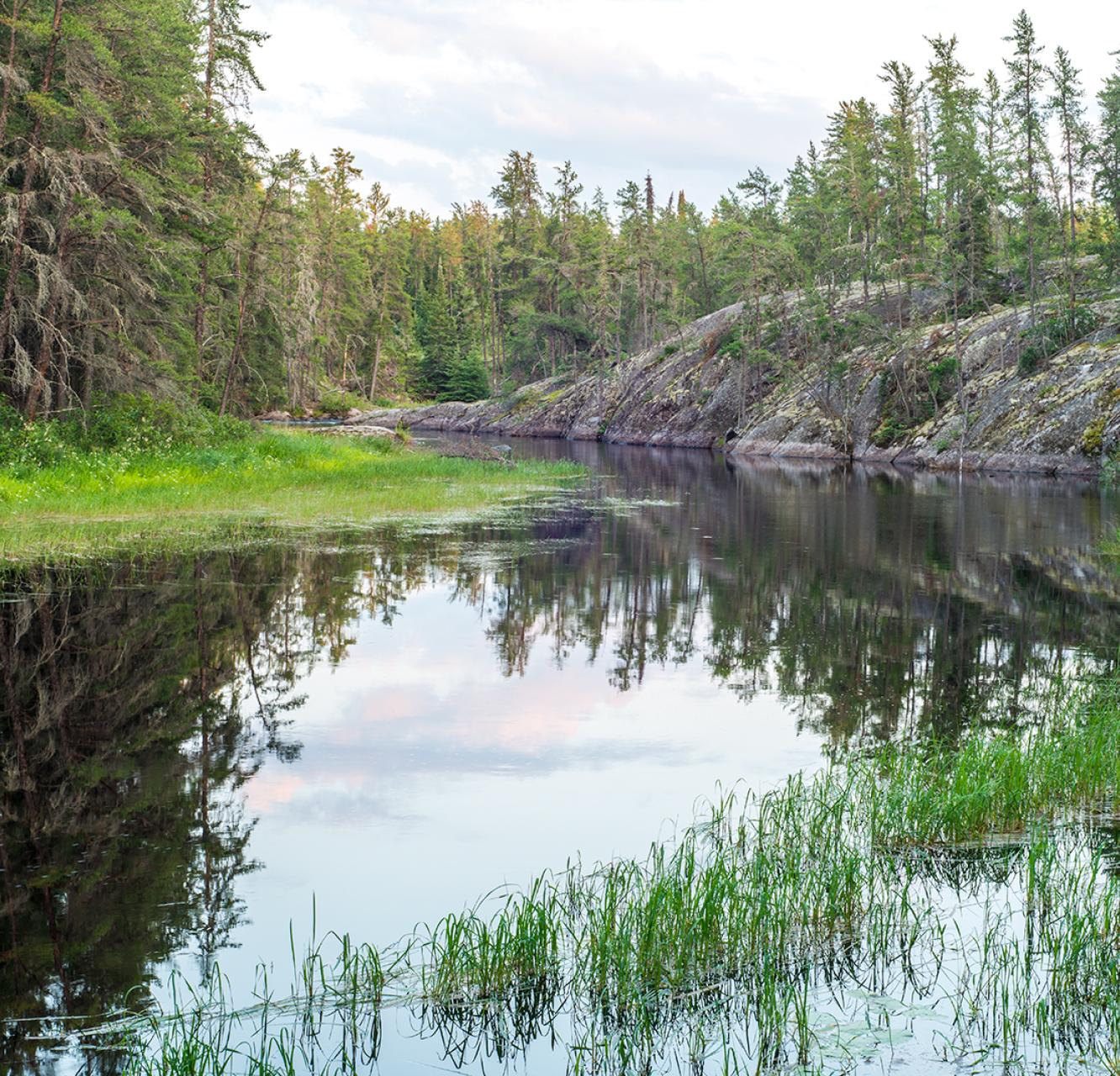Green group seeks to halt logging road
Monday, November 28, 2011
Efforts to halt construction of a controversial logging road through Grass River Provincial Park have reached the courts. The Wi l d e r n e s s Committee, a national environmental group, last month asked the Manitoba Court of Queen’s Bench to clarify whether a logging road constitutes logging. If it does, said WC spokesperson Joe Foy, then lumber giant Tolko’s plan for the road violates a Manitoba ban on logging in provincial parks.
“We simply want a clarification of the law and a point of the law, and that point is, does building a logging road constitute logging?” said Foy, national campaign director for the WC. Foy said the WC firmly believes the road should not be permitted because “it’s all part and parcel with the business of logging.”
Tolko has already been granted provincial permission to build the road, but if the judge rules in WC’s favour, the project could be scrapped. The company has said the road will ensure profitability
by cutting four hours off transit time as trucks travel between logging areas north of the park and Tolko operations in The Pas. The Manitoba government, which in 2009 enacted a logging ban in provincial parks, continues to argue that Tolko’s plan is within the law.
Not commercial
According to CBC, a lawyer for the government told the court that trees cut down for the road are not technically used for commercial purposes. “The only timber that’s getting cut down is what’s needed for the road – they are not for sale,” Gord Hannon told the judge last month, as reported by CBC.
Foy said the WC has been told the court will issue its decision at any time, though it could take several months.
While some media reports have characterized the WC as “suing” either the province or Tolko, neither scenario is accurate. “We have not sued anyone,” said Foy, reiterating the group is only seeking clarification at this time. If the court rules in favour of the logging road, Foy said the WC will review its next move. The group opposes the road not only on the grounds that it constitutes logging, but also over fears it will harm the woodland caribou population. As such, Foy treats the issue with the utmost seriousness.
“Our view is that protected areas should be protected areas, not just in Manitoba but in Canada, and not just in Canada but all around the w o r l d , ” h e s a i d. “Whatever jurisdiction you’re in, loss of biodiversity, plants and animals that make up the web of life are in serious decline around the planet, and one of human beings’ strategies” to deal with that is establishing protected areas.
With its western borders around Cranberry Portage, Grass River Provincial Park covers an area of 2,279 km squared. Among its lakes are First Cranberry Lake, Second Cranberry Lake, Reed Lake, Iskwasum Lake and Simonhouse Lake.





